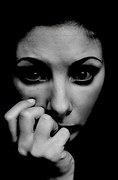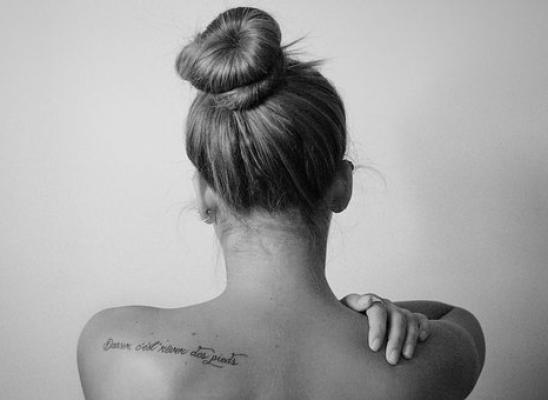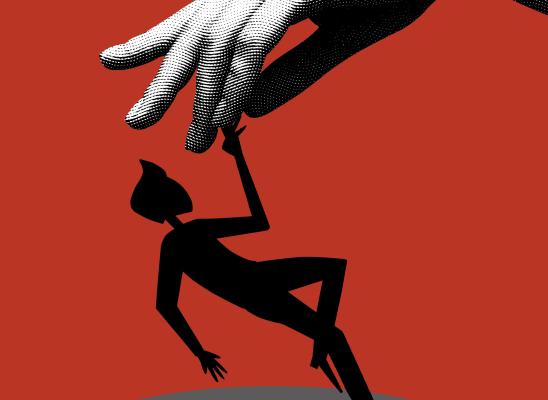Skin Picking Anxiety
Online test
Find out the severity of your symptoms with this free online test
There is no single cause or reason for the onset of dermatillomania. Different people start pisking for different reasons, and while some do not ever develop a serious condition, for many skin picking can escalate to a point where it affects their functioning. One of the many links found with the onset of skin picking disorder and other body-focussed repetitive behaviors (BFRBs), is the experience of extreme emotions such as anxiety and depression. Skin picking or other BFRBs can occur when a person experiences feelings such as anxiety, fear, excitement or boredom. Some people report that the act of repetitively picking at their skin is pleasurable. Many hours can be spent picking the skin, and this repetitive behavior can negatively impact a person's social, work, and family relationships.
Relief from Anxiety
Though skin picking often occurs on its own-unconnected to other physical or mental disorders, it is important to identify whether or not skin picking is a symptom of another problem that needs treatment. Skin picking will often be carried out after the individual has experienced a high level of tension which has caused an ‘itch’ or ‘urge’ to carry out the behaviour. The skin picking is often accompanied by a feeling of relief or even pleasure due to the reduction in anxiety levels. However, once the damage has been done, those affected will often be left with a feeling of depression or hopelessness.
Instant Gratification VS Shame
Although the damage that is caused can be very severe, the gratification experienced can lead the individual to carry out skin picking again and again. While skin picking can be the result of a conscious response to feelings of anxiety and depression it can also be an unconscious reaction. Sufferers can enter a trance like state and pick at the skin without being fully aware of their behaviour, only to be confronted by the results of what they have done afterwards. Many suffers will feel that they need to create surfaces to pick that will allow them to satisfy their compulsions. This can lead to a type of self harm where the individual will undertake self mutilation or cutting behaviours in order to produce scabs which can then be picked. The need for the instant gratification that the picking provides can be so strong that the individual is unable to resist picking despite knowing that feelings of shame and guilt will follow.
Breaking the Cycle
Unfortunately loneliness often results in the person retracting from social situations, which often is a catalyst for increased picking. This negative action-reaction cycle can easily spiral out of control and in serious cases the person may end up totally isolating themselves from social interactions and can become very lonely. One example of this can be found in a reddit thread by a young woman who described how she hadn't seen her boyfriend in a week because she kept cancelling plans with him for fear of him seeing the condition of the skin on her face from picking. If left untreated, the behavior can become so automatic that the individual may even begin to engage in skin picking unconsciously even when they are not aware of feelings of stress or other strong negative emotions. Cognitive Behavioral Therapy has shown positive outcomes in the treatment of skin picking disorder because it helps the client work on breaking the cycle rather than just resisting the act of picking. During therapy you are guided to becoming more aware of the triggers to picking and to identify alternate reponses to these triggers. When picking is linked to anxiety, an important aspect of the program is for the individual to be able to idenitfy when they are feeling anxious. By developing skills and techniques to deal with the thoughts linked to feelings of anxiety and adopting techniques to respond to these feelings in a more acceptable way, the client can start to break the cycle that perpetuates picking. In this way the treatment of anxiety and skin picking often goes hand in hand.
Online test
Find out the severity of your symptoms with this free online test
Start your journey with SkinPick
Take control of your life and find freedom from skin picking through professional therapy and evidence-based behavioral techniques.
Start Now



